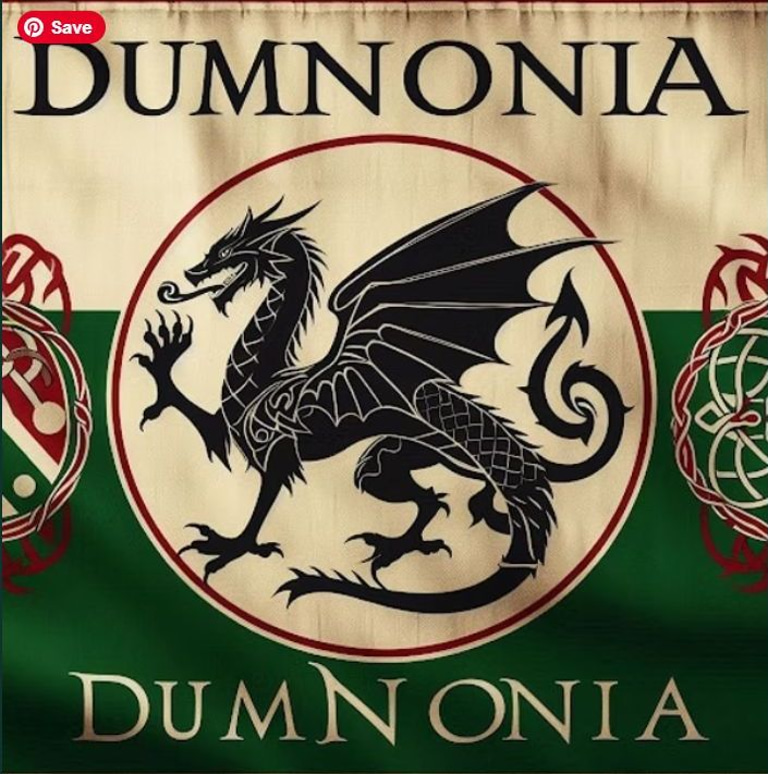A short history of Dumnonia
Dumnonia is a historical name for a region in southwestern England that includes modern-day Cornwall, Devon, and parts of Somerset and Dorset. It was a Celtic kingdom established in the post-Roman period that became part of the Anglo-Saxon kingdom of Wessex in the 9th century.
The name Dumnonia originates from the Celtic tribe of the Dumnonii, who inhabited the region during the Roman occupation. The kingdom of Dumnonia was founded by the descendants of the Dumnonii, who established their capital at Dorchester and extended their control over much of southwestern England.
During the 5th and 6th centuries, Dumnonia was a powerful kingdom that played a significant role in the history of western Britain. It was a centre of trade and culture and is considered a major source of tin, an essential commodity in the Roman Empire.
In the 9th century, the kingdom of Dumnonia came under the control of the Anglo-Saxon kingdom of Wessex, eventually becoming part of England. Today, the region is known for its rich history and cultural traditions, including its distinctive Cornish language, which some people still speak in the region.


Gallery
Explore the rich history of Dumnonia






FAQs
What is Dumnonia?
Dumnonia was a significant region in ancient Britain.
Why is it important?
It plays a key role in understanding British history.
Where can I learn more?
Visit our blog for detailed articles and resources.
Explore our history-focused content.
How can I contribute?
Is there a newsletter?
Yes, subscribe for updates and insights.
